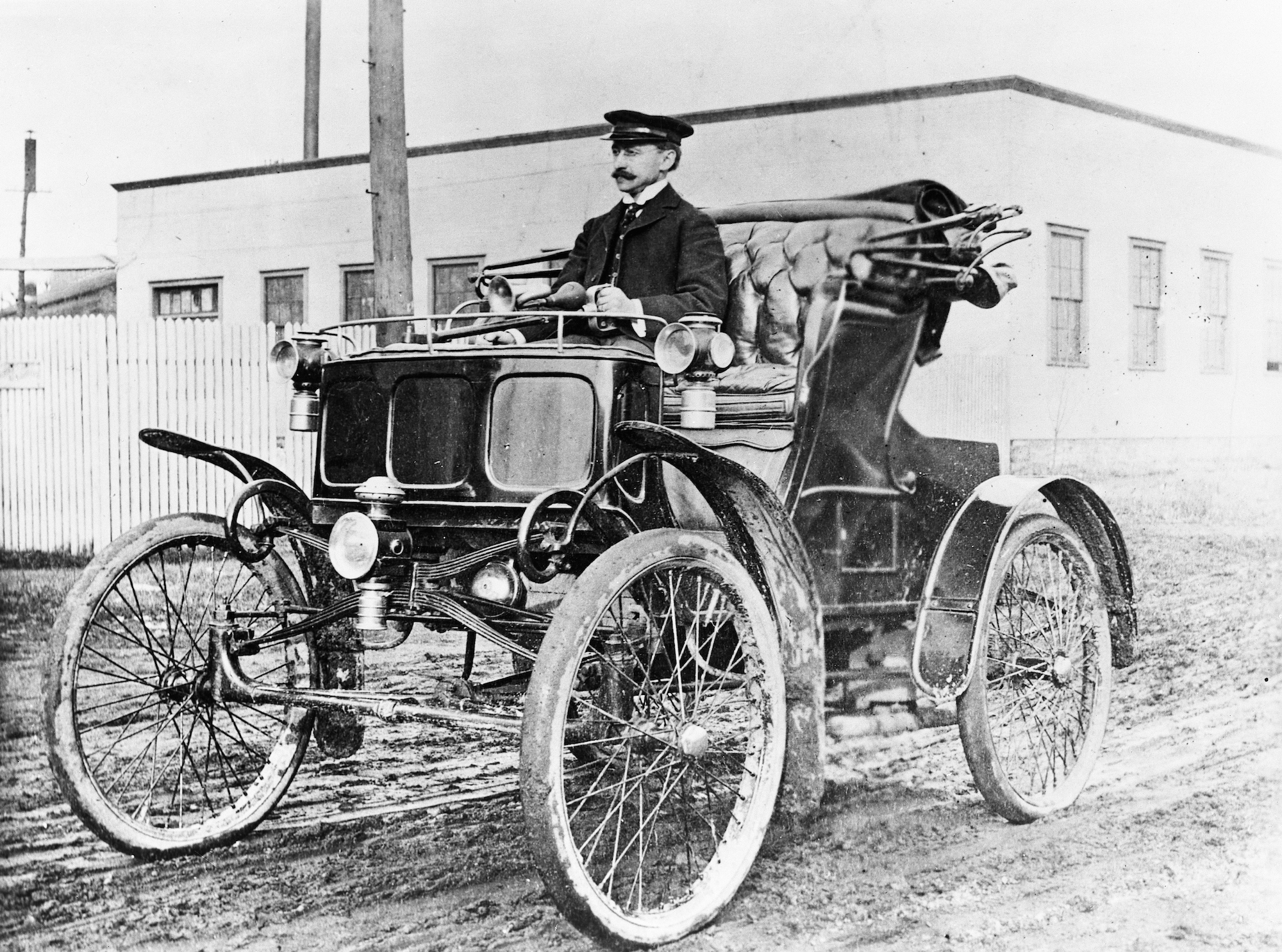Throughout history, numerous groundbreaking inventions have transformed our lives and shaped the course of human progress. However, it is not uncommon for revolutionary ideas to face significant resistance, skepticism, and even hostility from society. In this article, we will explore ten fantastic inventions that encountered stiff resistance and took a considerable amount of time to gain widespread acceptance. These innovations challenged existing norms, beliefs, and societal structures, paving the way for a brighter future:
Electricity:
The discovery and harnessing of electricity revolutionized the world, yet it faced immense resistance. Skeptics were fearful of its unpredictable nature and potential dangers, including the likes of Thomas Edison, who spread baseless rumors against Alternating Current. It took time to build safe infrastructure, educate the public, and mavericks like Nikola Tesla, who overcome resistance to adopting electricity as a widespread power source.

Also read: 5 Inventions that failed to serve their purpose
Telephone:
The invention of the telephone by Alexander Graham Bell faced skepticism and skepticism. People struggled to grasp the concept of transmitting sound through wires, and some doubted its practicality. It required time and persistent efforts to convince the public of the transformative power of telecommunication.

Automobile:
The introduction of automobiles faced resistance due to concerns over safety, environmental impact, and disruptions to established transportation systems. Skeptics questioned the reliability and practicality of this new mode of transportation. It took decades of advancements, improved safety features, and infrastructure development to gain wider acceptance.

Internet:
The advent of the internet revolutionized communication, information access, and business. However, early critics dismissed it as a passing fad or a platform for illicit activities. It took time for people to grasp the transformative potential of the internet, leading to its eventual widespread adoption.
Television:
Television was met with skepticism, with critics questioning its impact on society, family dynamics, and the future of radio. It took years for people to appreciate the power of visual storytelling and the educational and entertainment value television brought into households worldwide.

Airplanes:
The invention of airplanes challenged the limits of human capabilities and the notion of defying gravity. Early aviators faced ridicule and doubts about the practicality and safety of flight. Over time, advancements in aviation technology, successful flights, and the commercial airline industry helped overcome resistance.

Contraceptives:
Contraceptive methods faced moral and religious opposition. The concept of controlling reproduction was met with controversy and resistance in many societies. It took persistent efforts in education, awareness, and advocacy to bring about a shift in attitudes and wider acceptance of contraception.

Antibiotics:
The discovery of antibiotics revolutionized medicine and saved countless lives. However, initially, there was skepticism and reluctance to embrace these novel drugs due to concerns about side effects and the impact on the body’s natural defense mechanisms. Over time, scientific evidence and successful treatment outcomes helped overcome resistance.

Also read: 5 Accidental Inventions that have become essential in our lives
Renewable Energy:
The transition to renewable energy sources, such as solar and wind power, faced resistance from vested interests in fossil fuels and concerns about the reliability and efficiency of these alternatives. It required technological advancements, government policies, and growing environmental consciousness to foster acceptance and adoption of renewable energy solutions.

Personal Computers:
Personal computers faced resistance due to skepticism about their usefulness and the fear of technology replacing human jobs. It took time for people to realize the transformative impact of personal computing on productivity, communication, and access to information, leading to their eventual widespread adoption.

History has shown that even the most fantastic and life-changing inventions faced significant resistance and skepticism. Fear of the unknown, doubts about practicality, concerns over safety, and resistance to change all played a role in delaying widespread acceptance. However, through persistence, education, technological advancements, and societal shifts, these inventions eventually triumphed, transforming our world and shaping the future. These stories remind us of the importance of open-mindedness, embracing innovation, and challenging established beliefs to usher in a brighter and more progressive society.
Support TFI:
Support us to strengthen the ‘Right’ ideology of cultural nationalism by purchasing the best quality garments from TFI-STORE.COM





















